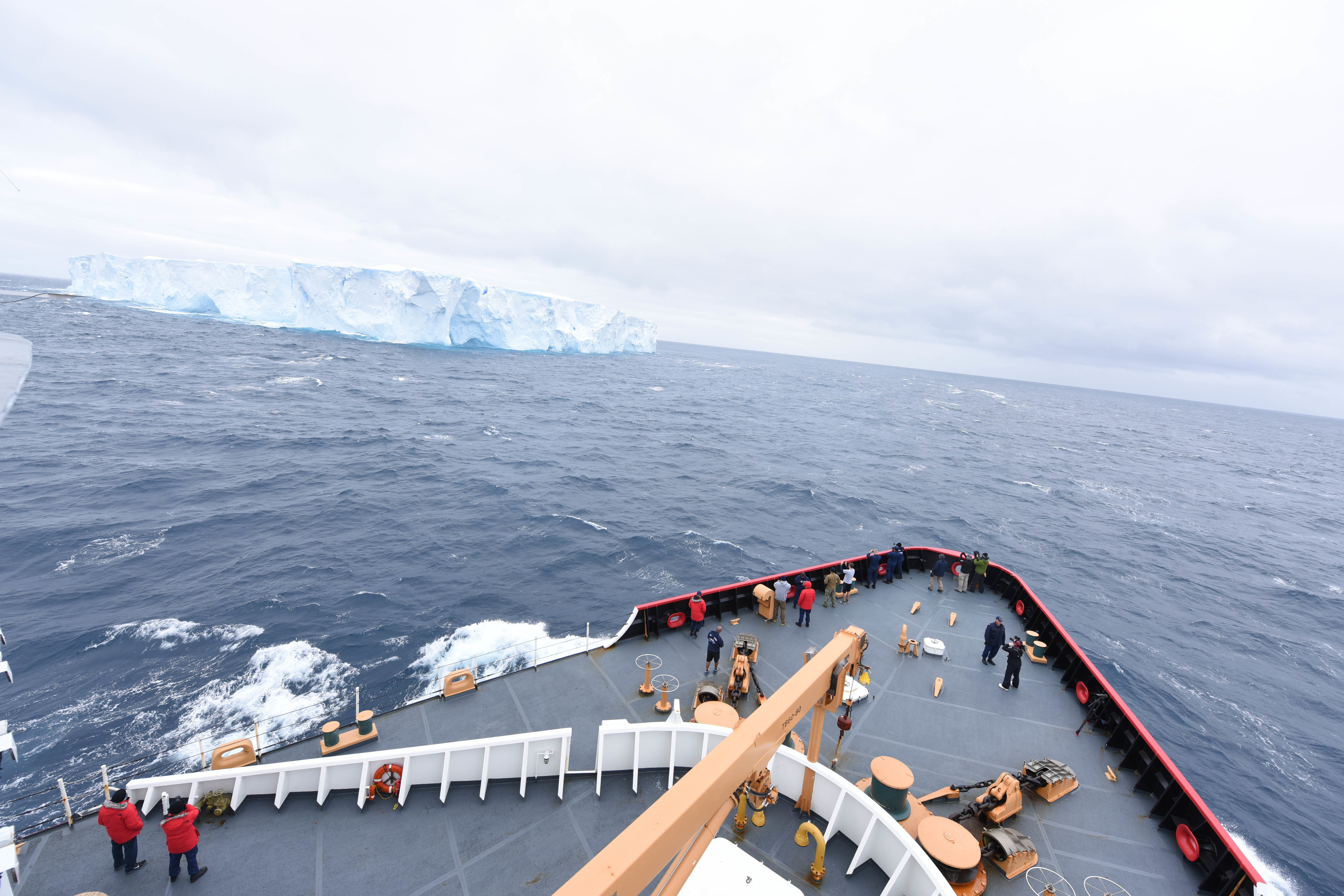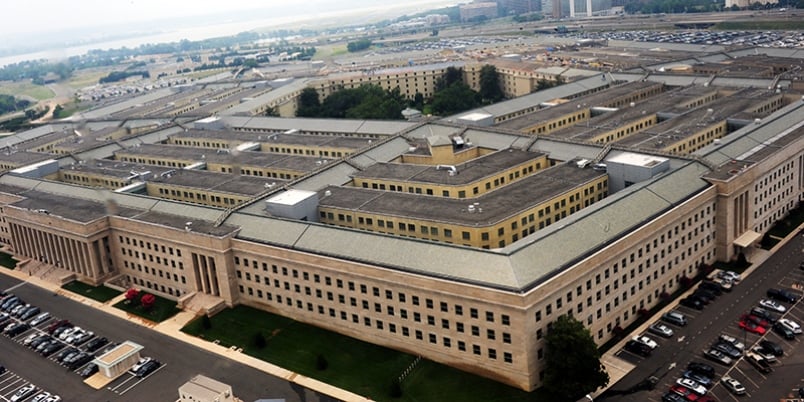
The Coast Guard’s 2017 acquisition budget request is the largest in history and would help the service revitalize its fleet – and in particular, its heavy icebreaker fleet, Commandant Adm. Paul Zukunft said during the annual State of the Coast Guard address today.
The Coast Guard has been busy over the past year confiscating cocaine by the metric ton, securing maritime approaches to Guantanamo Bay, fending off provocation by the Iranian Republican Guard Navy in the northern Persian Gulf, and collaborating with British and Saudi counterparts. But the service has struggled to maintain a presence in the Arctic due to a lack of ice-capable ships and icebreakers.
“Coast Guard Cutter Waesche deployed to the Arctic during the ice-free season, monitoring the offshore drilling activity in the Chukchi Sea, while providing maritime domain awareness of an Arctic exercise among the combined navies of Russia and China,” Zukunft said in his address.
“I recently hosted the Arctic Coast Guard Forum in New London and signed the general agreement to establish this important international body that includes every Arctic nation, including Russia. I am committed to the safety, security and environmental stewardship of the Arctic, and I will continue to lead this effort at the international level. Collectively, we are ensuing that shared responsibilities for mass search and rescue, pollution response and safe navigation remain paramount among Arctic nations.”
As important as Arctic operations are – and will increasingly become – Zukunft said other Arctic nations have built icebreakers by the dozens and the U.S. Coast Guard has just one medium icebreaker for Arctic operations and one heavy icebreaker for Antarctic operations.
“It causes me great discomfort, as it should everyone in this audience, that the U.S. has no insurance policy – no self-rescue capability whatsoever – should Coast Guard Cutter Polar Star and her nearly 40-year-old engineering plant suffer an engineering casualty and become beset in the ice of Antarctica,” he said.
After the address, Zukunft told reporters that “we’re really encouraged by what’s in the president’s budget right now” in terms of icebreaker funding.
“We also have experienced bipartisan support to invest in heavy icebreakers – recognizing we’re an Arctic nation and other nations, namely Russia, are making huge investments – and welcoming our presence in the Arctic as our opportunity to step forward.”
He said the 2016 budget allowed the Coast Guard to begin hiring acquisition staff to support the heavy icebreaker project, and the 2017 budget request would help accelerate the project.
“What we’ve done in 2016 is we’re already hiring the acquisition staff … to do the ground work of what it takes to generate the requirements and get a jump start on acquiring the new icebreakers. So we’re doing that, we’re also looking at commercial off the shelf designs – that in itself, that design work would accelerate the timeline by a couple years. What we do need is a bonafide appropriation to say that we are serious about acquiring new icebreakers. Our industrial complex and a number of shipyards have said we can build this in the United States, and I’m quite confident they can, but they are looking for a demonstration of commitment by our government to do so.”
Despite being an election year, he said he hoped Congress would follow through with its bipartisan support for the project and give the Coast Guard 2017 appropriations with funding for the icebreaker. He stressed that U.S. sovereignty in the Arctic couldn’t be preserved from the shore. The Coast Guard needs icebreakers to help maintain a regular presence in the region, he said.
Coast Guard acquisition chief Rear Adm. Mike Haycock said in January that the Coast Guard was working through the requirements for the icebreaker and would rely heavily on industry input in determining a way forward for the ship program.





